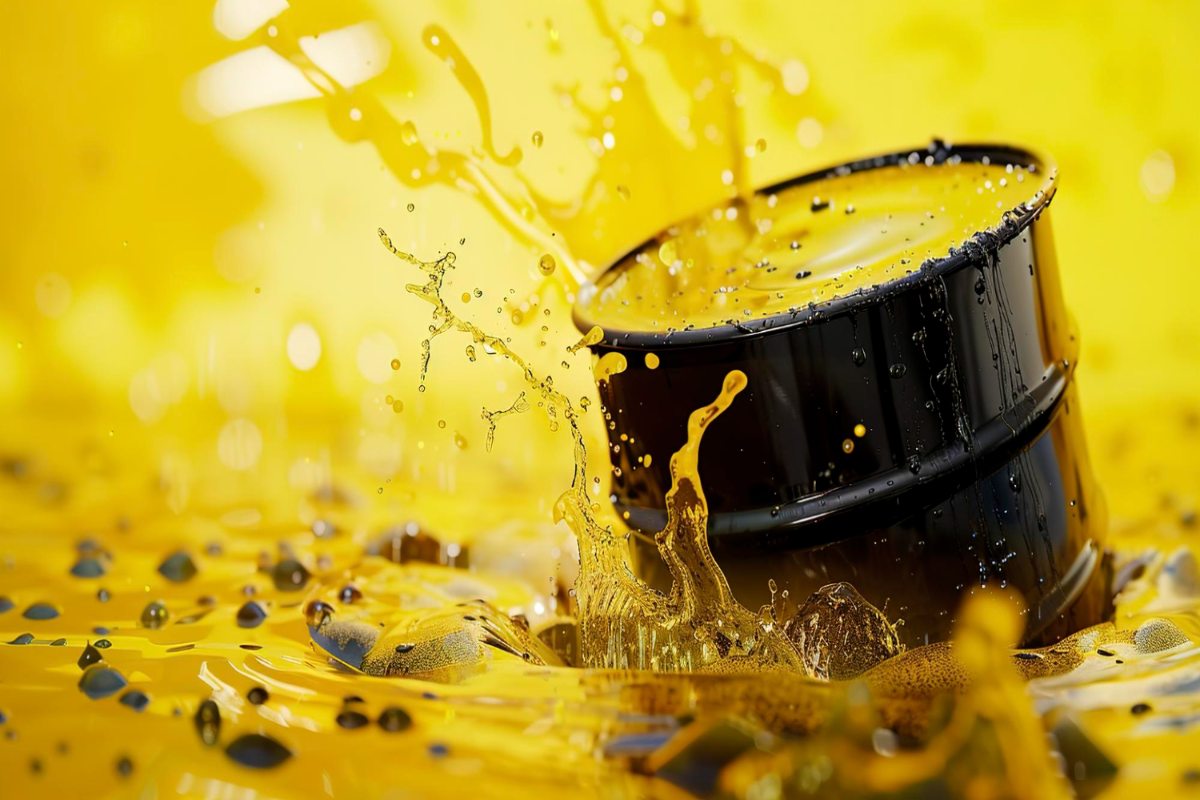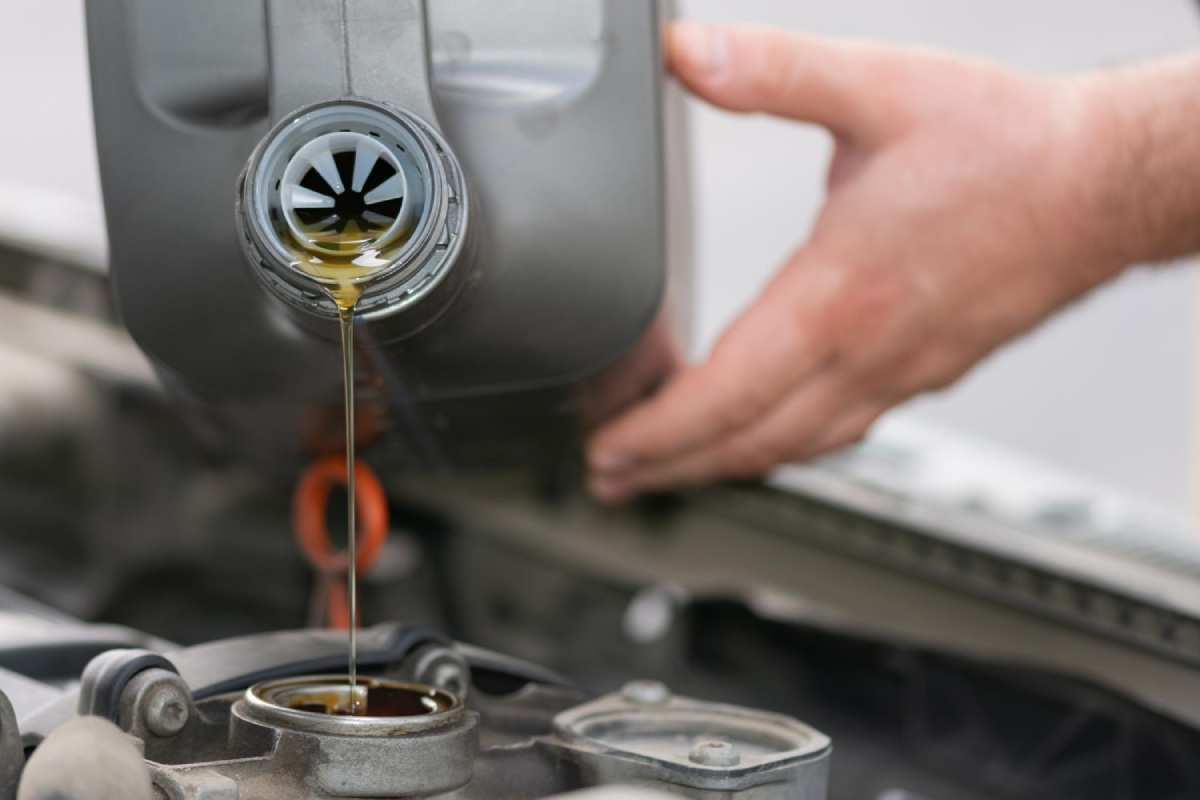
Introduction to DEF Production Errors
Ensuring high-quality DEF Production is essential for maintaining efficiency in diesel engines and reducing emissions. However, mistakes in production can lead to contamination, inefficiency, and non-compliance with industry regulations. Understanding these common errors can help manufacturers optimize their production process.
Incorrect Urea Concentration
One of the most frequent mistakes in DEF Production is an improper urea-to-water ratio. DEF must contain exactly 32.5% high-purity urea and 67.5% deionized water. Any deviation from this ratio can lead to inefficiencies in selective catalytic reduction (SCR) systems, reducing the fluid’s effectiveness in minimizing nitrogen oxide emissions.
Using Contaminated Water
Deionized water is a critical component in DEF Production. If non-deionized or impure water is used, it can introduce contaminants such as minerals and chemicals, which can lead to SCR system clogging and reduced efficiency. Using high-quality filtration and deionization processes ensures DEF purity and prevents potential engine damage.
Poor Mixing and Blending Techniques
Achieving a homogeneous mixture is vital in DEF Production. Inadequate mixing can result in concentration inconsistencies, leading to ineffective emission control. Advanced automated mixing systems help maintain the proper urea distribution, preventing precipitation and ensuring high-quality DEF.
Insufficient Filtration
Filtration is essential to remove impurities and ensure DEF meets ISO 22241 standards. Failing to implement a multi-stage filtration process can result in unwanted particles entering the final product, which may cause damage to SCR systems and lead to costly repairs.
Improper Storage Conditions
Storage conditions greatly impact the stability and effectiveness of DEF Production. DEF should be stored in temperature-controlled, non-reactive containers. Exposure to extreme heat or cold can cause chemical degradation or crystallization, reducing its efficiency in diesel engines.
Handling and Transportation Mistakes
Improper handling during transportation can lead to contamination or degradation. DEF should be transported in dedicated, sealed containers that prevent exposure to airborne contaminants and moisture. Cross-contamination with other fluids or residues from previous shipments can compromise DEF quality.
Lack of Quality Testing
Manufacturers must conduct rigorous quality control testing at every stage of DEF Production. Failure to perform regular laboratory tests on urea concentration, purity, and contamination levels can lead to substandard DEF that does not meet regulatory requirements.
Conclusion
Avoiding common mistakes in DEF Production ensures the production of high-quality DEF that meets industry standards. By maintaining strict quality control, using proper raw materials, and ensuring correct storage and transportation, manufacturers can prevent costly errors and improve DEF efficiency in reducing emissions.
FAQ
- What happens if the urea concentration in DEF is incorrect?
- Improper concentration reduces DEF effectiveness in SCR systems, leading to increased emissions.
- Why is deionized water important in DEF Production?
- It prevents contaminants from affecting SCR systems and ensures DEF purity.
- What are the consequences of poor mixing in DEF Production?
- Poor mixing can cause uneven distribution of urea, reducing DEF’s efficiency in reducing emissions.
- How does improper filtration affect DEF?
- Unfiltered particles can clog SCR systems, leading to vehicle performance issues.
- What is the ideal storage temperature for DEF?
- Between 12°F (-11°C) and 86°F (30°C) to prevent degradation or crystallization.
- How can DEF be transported safely?
- Using sealed, dedicated containers to prevent contamination and maintain quality.
- Why is quality testing essential in DEF Production?
- It ensures that DEF meets ISO 22241 standards and maintains effectiveness in emission reduction.
- What contaminants can affect DEF quality?
- Calcium, magnesium, and other minerals can compromise SCR system functionality.
- How can DEF contamination be prevented?
- By using high-purity raw materials, proper storage, and controlled transportation methods.
- What are the financial impacts of poor DEF Production?
- Substandard DEF can lead to vehicle repairs, increased emissions, and regulatory penalties.



